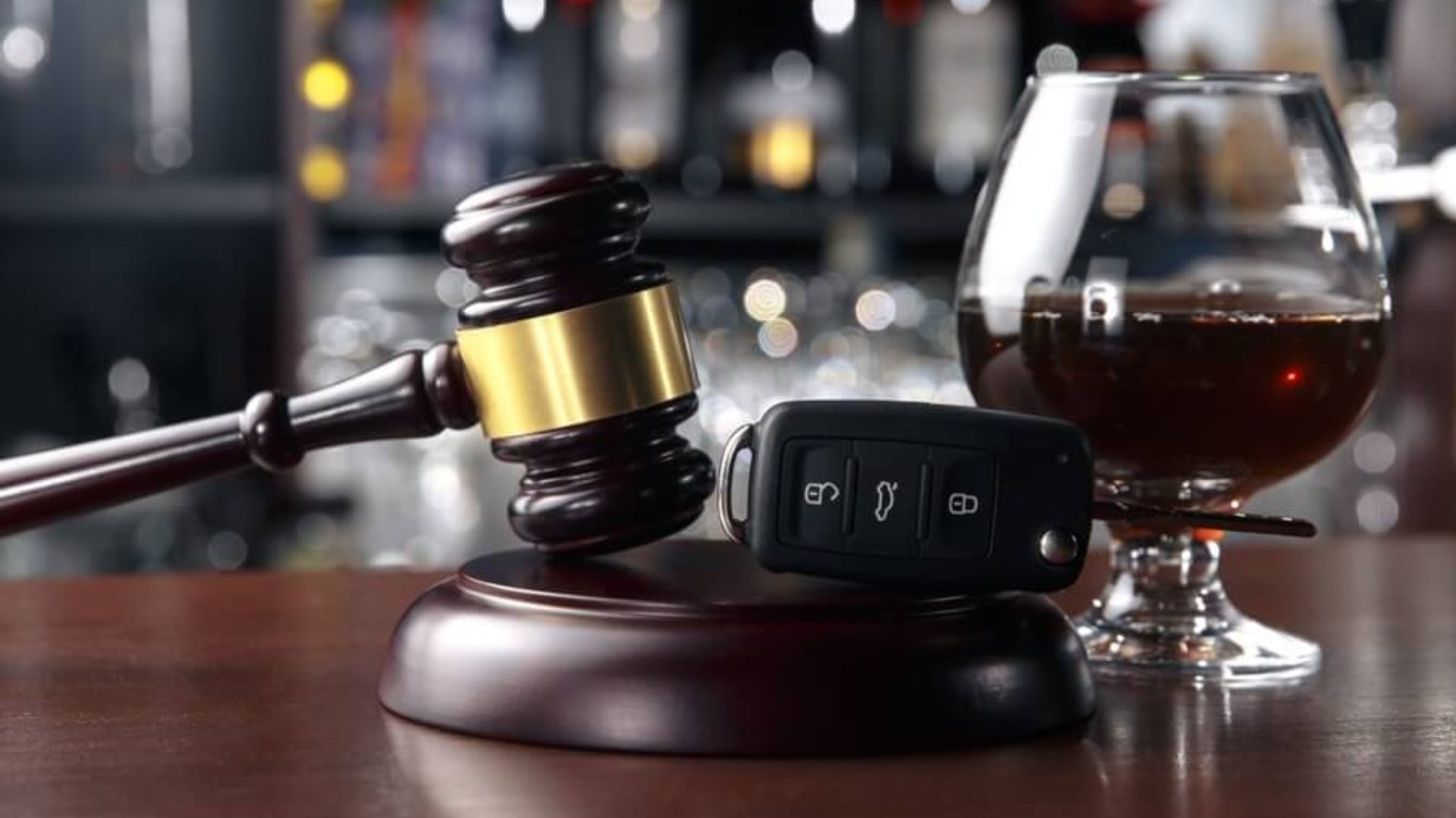Download PDF Version
8 Things to Expect Visiting a
Loved One in Jail
Visiting your loved one at a county jail can be a stressful and emotionally trying experience. For most people, the process is completely unfamiliar, which adds to the anxiety of the situation. Knowing what to expect, and planning ahead, will help to calm your nerves and ensure that your visit goes as smoothly as possible.
1. MAKE SURE YOU HAVE UP-TO-DATE, ACCURATE INFORMATION.
Most jails in the U.S. are operated by local sheriff’s departments. Contacting the sheriff’s office in the county where your loved one is incarcerated is the best way to get up-to-date and accurate information regarding visitation. Many jails have easy to navigate websites which provide the public with vital information like visitation hours and other regulations.
2. SCHEDULE YOUR VISIT.
Make sure to check with your local sheriff’s office to find out when your loved one will be available for a visit. Inmates are typically granted at least one social visit per week, but they may be responsible for setting up the session in advance themselves. The jail will limit inmates to a certain number of visits per week and usually no more than one visit per day. Therefore, you may want to coordinate a schedule with other potential visitors.
Inmates who are segregated for health reasons, security concerns, or rule violations may have significantly reduced visitation opportunities. While visits are generally limited to just one adult per session, many jails will allow you to bring one minor child as well. Make sure the child is well behaved and mature enough to handle the adult-like atmosphere of a jail visit.
3. ARRIVE EARLY.
Make sure to arrive at least 15 minutes early for your scheduled session. Most county jails are overcrowded and understaffed, and there are very often long lines entering visitation rooms.
4. BE SMART ABOUT WHAT YOU BRING WITH YOU.
Make sure you have a valid state I.D. with you at check in.
Jails do not allow cell phones into the building. The best practice is to leave your technology at home or in the car. Some jails have lockers to store your belongings during the visit, so it’s a good idea to bring coins.
Security is tight for all jail visitors. You will almost certainly have to pass through a checkpoint with metal detectors and armed guards, so avoid wearing jewelry, underwire bras or body piercings. Check carefully what you carry. Do not bring contraband of any kind — no knives, razors or weapons. This includes your vehicle. You are NOT allowed to bring any weapon on the property. They search vehicles and you will be turned away if they find a prohibited item in your vehicle.
Call the facility to determine what you are allowed to bring. Cigarettes, coins for vending machines, etc. Every facility is different. Be aware – Many jails use drug sniffing dogs, scans or vacuums on visitors for drug residue.
5. KNOW THE RULES AND FOLLOW THEM.
Do not ask for or expect special treatment. Instead, learn the rules beforehand and follow them. Be patient and polite to the corrections officers. The officers may not always show you the same courtesy, but try to remember that they have a difficult and stressful job. If you believe you are not being treated appropriately, explain how you called ahead to inquire about the rules, what you were told, and what you need. Politely ask to speak with a supervisor.
Contact us today for your free consultation: https://futurefirst.law/contact-us/
Watch our videos on YouTube: https://www.youtube.com/@FutureFirstCriminalLaw
We help keep GOOD people out of Jail!
6. UNDERSTAND THE LOGISTICS OF A JAIL VISIT.
The visit likely will be conducted via a telephone and a closed circuit television screen, or through a glass dividing wall. Prepare yourself for the fact that you may not be permitted to make physical contact of any kind with your loved one. You may not pass him any notes, money, or personal items.
Visitation rooms are often crowded, loud, and distracting. You will be surrounded by people from all walks of life; be respectful of them and their right to communicate with their loved ones, but don’t be afraid to ask that others are respectful of your visit as well. Notify a corrections officer if someone is interfering with your right to have a meaningful visit with your loved one.
7. KNOW WHAT YOU WANT TO TALK ABOUT.
Plan ahead regarding what you would like to discuss with your loved one. Time will be limited, perhaps 15 to 30 minutes, and extensions are not likely to be granted. Make a list of things that need to be addressed.
• Does your loved one need you to bring prescription medications to the jail?
• Are there housing or employment issues that need to be taken care of for you or your loved one while he is incarcerated?
• Does your loved one need help in retaining a lawyer?
As a general matter, county jails will not allow inmates to release items in their personal property to civilians, however most jails make certain exceptions for crucial items like house keys and government benefit cards. Your loved one will have to fill out the proper documentation first.
Never discuss the facts of the pending criminal case. While most jail visits are not recorded (unlike inmate phone calls), you never know who is listening. If you have important, confidential information to relay to an inmate regarding his or her case, it is always best to do so through an attorney.
Though it may be difficult, try to keep the conversation as positive as possible. Remind your friend or family member that you love and support him. Encourage him to take part in any beneficial programming provided at the jail, such as anger management classes or AA meetings.
8. EXPECT A REQUEST FOR MONEY.
Prepare yourself for the fact that your loved one will likely request money for phone calls and commissary. Commissary is similar to a general store that operates within the jail, selling snacks, toiletries, and other personal items to inmates to help make their stay more tolerable. You will not be allowed to hand over cash during your visit, but you may be able to transfer money to your loved one using a kiosk in the lobby. Check to see if your jail allows friends and family members to send care packages to inmates.
Contact us today for your free consultation: https://futurefirst.law/contact-us/
Watch our videos on YouTube: https://www.youtube.com/@FutureFirstCriminalLaw
We help keep GOOD people out of Jail!
Knowledgeable Phoenix DUI and Criminal Lawyers
We help keep GOOD people out of jail — Future First Criminal Law is your top choice for competitive criminal defense and DUI law firms. Our practice is limited to a small number of criminal defense clients to best devote all of our time and attention to EVERY client’s needs. We understand that your future is at risk and our team will work diligently to develop an unwavering defense in court.
- Clients Are Our #1 Focus
- We only serve the “Phoenix Area” because we do not go outside of Maricopa County
- Dedicated To Criminal Defense
- We Educate & Advocate
- Request A FREE Consultation
- Payment Plans Available
Have you been involved in DUI? Contact us today to protect your rights and freedoms. We can help you gain an understanding of the criminal defense legal process and learn about the options available to you. Create a thorough defense strategy to give you your best chances — Schedule a free consultation.
Find The Right Phoenix, AZ DUI Lawyer For Your Case
If you need a DUI lawyer in Arizona, Look for an experienced criminal defense law firm that can dedicate all of their time and resources to helping clients with criminal charges. Find a knowledgeable DUI lawyer who is willing to educate and advocate through every step of the legal process. Future First Criminal Law will get to know your case and develop a strategy that will work best for you. Request a free consultation today.
Areas Served
 | 2999 N. 44th St. Suite 307, Phoenix, AZ 85018 |
 | 8650 N. 35th Ave. Suite 110, Phoenix, AZ 85018 |
Areas Served

 | 2999 N. 44th St. Suite 307, Phoenix, AZ 85018 |

 | 8650 N. 35th Ave. Suite 110, Phoenix, AZ 85018 |

 100+ Five-Star Google Reviews
100+ Five-Star Google Reviews

